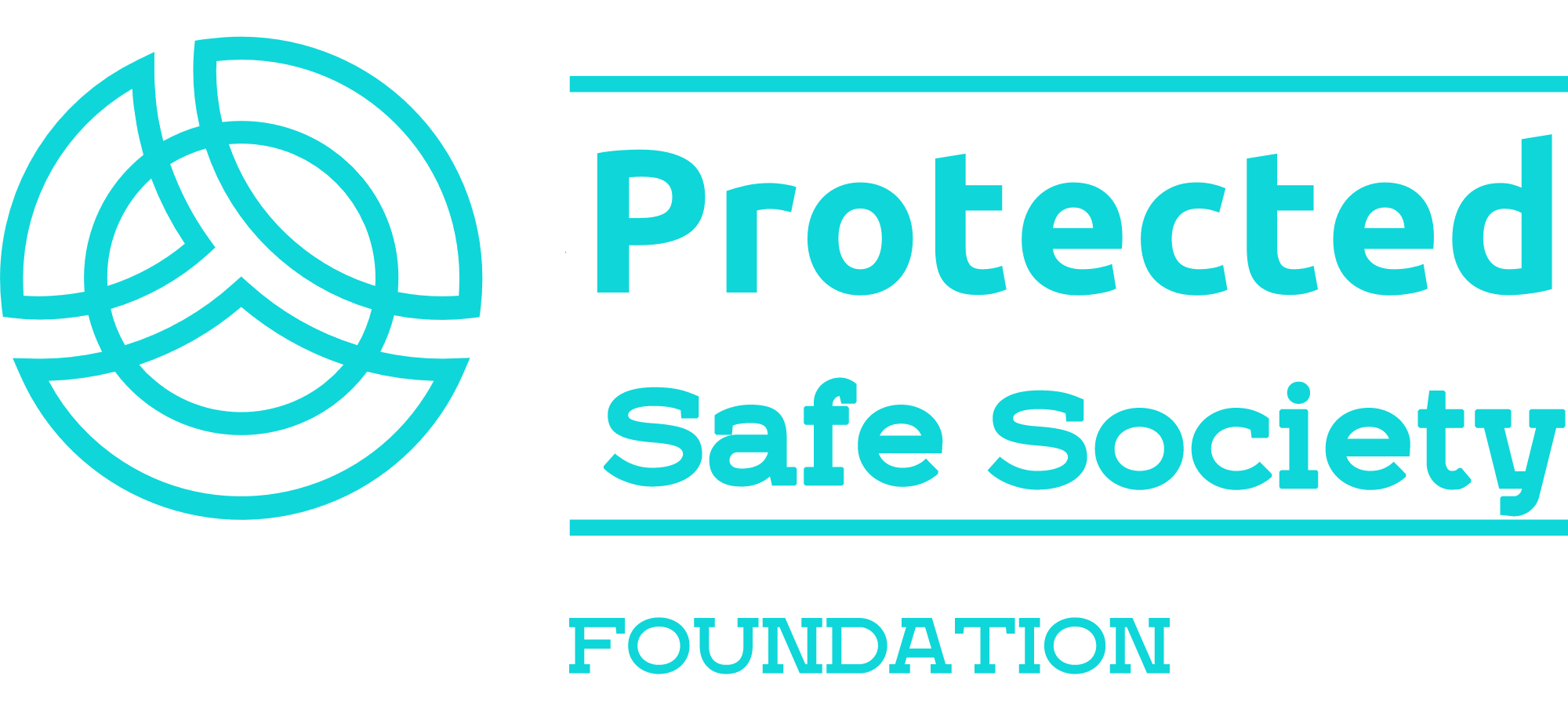The President of the European Commission has set impressive goals for EU investments. Then ran into the concrete wall of the European Central Bank.
It is a basic tenet that central banks are independent of politics. They make decisions strictly on economic and financial grounds, into which theoretically no prime minister, president or other politician can interfere. They carry out their activities independently of the current government or opposition: otherwise, the financial catastrophe of the country in question would be inevitable.
In recent days, there has been growing suspicion that as the United States approaches recession, the Democrats have been carried away by emotion and try to influence the American central bank to cut interest rates. Kamala Harris has nothing else to worry about in the final days of the campaign than convincing a recession-ravaged country as Vice President of the Biden era that she is the right person to lead.
The situation has escalated to the point where the Democrats, in letters, besiege Jerome Powell, the head of the central bank, specifically calling on him to immediately lower interest rates, as if he does not, the recession will truly be unavoidable. The Fed chairman was forced to clarify two things at a press conference: first, he will not cut the base rate this month (analysts predict a half-point rate cut in September), second, he will not succumb to any political pressure, interest rate cuts will be strictly based on professional criteria – if and when they happen.
Meanwhile in Europe
While the leadership of the Fed in the United States is dealing with the threats of the Democrats, the same process has started in pepita in the European Union. After the interest rate cut in June, the European Central Bank did not continue its reduction in July, but kept it constant. Moreover, upon hearing the news of inflation jumping to 2.6%, President Christine Lagarde already questioned August, saying that if economic indicators do not rise and inflation does not slow down, the central bank will not cut interest rates.
She did this shortly after the re-elected Ursula von der Leyen outlined the priorities of her new term in a grandiose speech, among which the most prominent place was the revitalization of EU investments, as quickly and with as much money as possible. However, the momentum quickly ran out as the ECB froze the deposit interest rate at 3.75%.
It would obviously be beneficial for the EU economy if the ECB looked down, but Lagarde, like Powell, does not want to hear about cuts until she sees inflation risk above 2%. The high interest rate does not exactly stimulate investment appetite, so the desperation of member states is understandable (Italians routinely start raging every time there is an increase or a high freeze held by the ECB). However, the current situation is not only perceived as a failure by governments, but also personally by Ursula von der Leyen: her announced investment mission ended just centimeters after leaving the starting line.
This fact has upset the Secretary-General of the European Trade Union Confederation so much that she wrote a long article criticizing the ECB, emphasizing that
the central bank has forgotten its basic purpose, supporting the general economic policy of the EU, and openly sabotaging the economy.
A large part of Esther Lynch’s writing is dedicated to bashing the central bank, exonerating the re-elected president of the European Commission, who is unable to realize the investment turnaround – and she also makes some proposals that Hungarians are very familiar with, as the government has been employing them for years.
Greed Inflation Trap
After stating that the green and digital economic transition (which would increase productivity and, not to mention, have huge job creation potential) cannot start because the ECB still follows a flawed strategy that does not reflect the current situation, and pointing out: one of the main factors behind the surge in inflation between 2021 and 2023 – besides the energy crisis – was the rush of companies after extra profit. We called it greed inflation, a phenomenon where price-setting companies created a special spiral of inflation due to raising their profit margins.

![The EKB crosses Von der Leyen’s path [object Object]](https://protectedsociety.com/wp-content/uploads/2024/08/The-EKB-crosses-Von-der-Leyens-path-1170x658.jpg)


